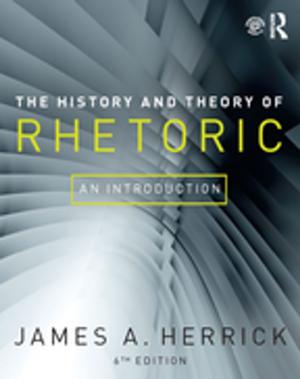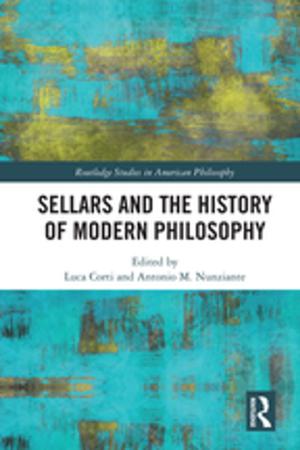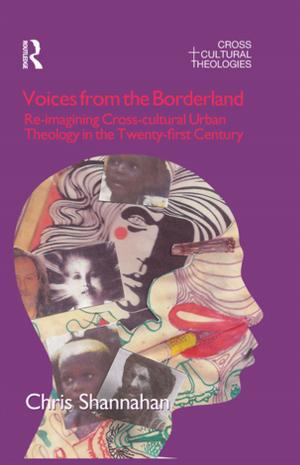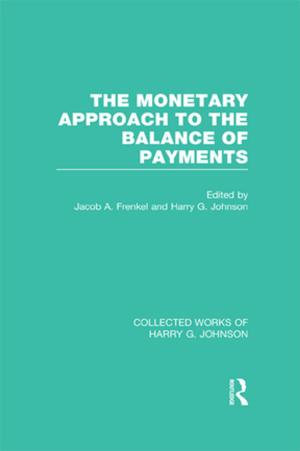| Author: | Salomon Resnik | ISBN: | 9781134609802 |
| Publisher: | Taylor and Francis | Publication: | November 8, 2005 |
| Imprint: | Routledge | Language: | English |
| Author: | Salomon Resnik |
| ISBN: | 9781134609802 |
| Publisher: | Taylor and Francis |
| Publication: | November 8, 2005 |
| Imprint: | Routledge |
| Language: | English |
The Theatre of the Dream is a profound study of our dream world and its place in everyday life.
The author grounds his ideas in Freud and psychoanalysis authors such as Klein, Bion, Rosenfeld and Matte Blanco, but also draws on the approach to dream phenomena in the work of philosophers, artists and poets. He argues that dreams are indeed, as the ancients held, messages.
The dream is a theatrical re-recreation of certain unconscious experiences, which are both subjective and objective at the same time. It expresses not only desire but a complex working over of a problematic situation that is not quite resolved. In waking the dream is a new elaboration of everyday experience and one which creates the seeds of oracular awareness. Resnik develops his thesis with ample and enlightening examples of dreams and their significance from his own patients.
The author's achievement is a new psychoanalytic reading of dreams one which does justice to Freud's momentous discovery but which broadens it and places it within the wider context of subsequent developments in psychoanalysis, semiotics and social and cultural anthropology.
The book will be of great value to the professional psychotherapist or psychoanalyst as well as to students of literature, the arts and linguistics and the wider public interested in the ongoing relationship between dream reality and what is commonly called external reality. As has been remarked, each era can be defined on the basis of relations between dream and life.
The Theatre of the Dream is a profound study of our dream world and its place in everyday life.
The author grounds his ideas in Freud and psychoanalysis authors such as Klein, Bion, Rosenfeld and Matte Blanco, but also draws on the approach to dream phenomena in the work of philosophers, artists and poets. He argues that dreams are indeed, as the ancients held, messages.
The dream is a theatrical re-recreation of certain unconscious experiences, which are both subjective and objective at the same time. It expresses not only desire but a complex working over of a problematic situation that is not quite resolved. In waking the dream is a new elaboration of everyday experience and one which creates the seeds of oracular awareness. Resnik develops his thesis with ample and enlightening examples of dreams and their significance from his own patients.
The author's achievement is a new psychoanalytic reading of dreams one which does justice to Freud's momentous discovery but which broadens it and places it within the wider context of subsequent developments in psychoanalysis, semiotics and social and cultural anthropology.
The book will be of great value to the professional psychotherapist or psychoanalyst as well as to students of literature, the arts and linguistics and the wider public interested in the ongoing relationship between dream reality and what is commonly called external reality. As has been remarked, each era can be defined on the basis of relations between dream and life.















